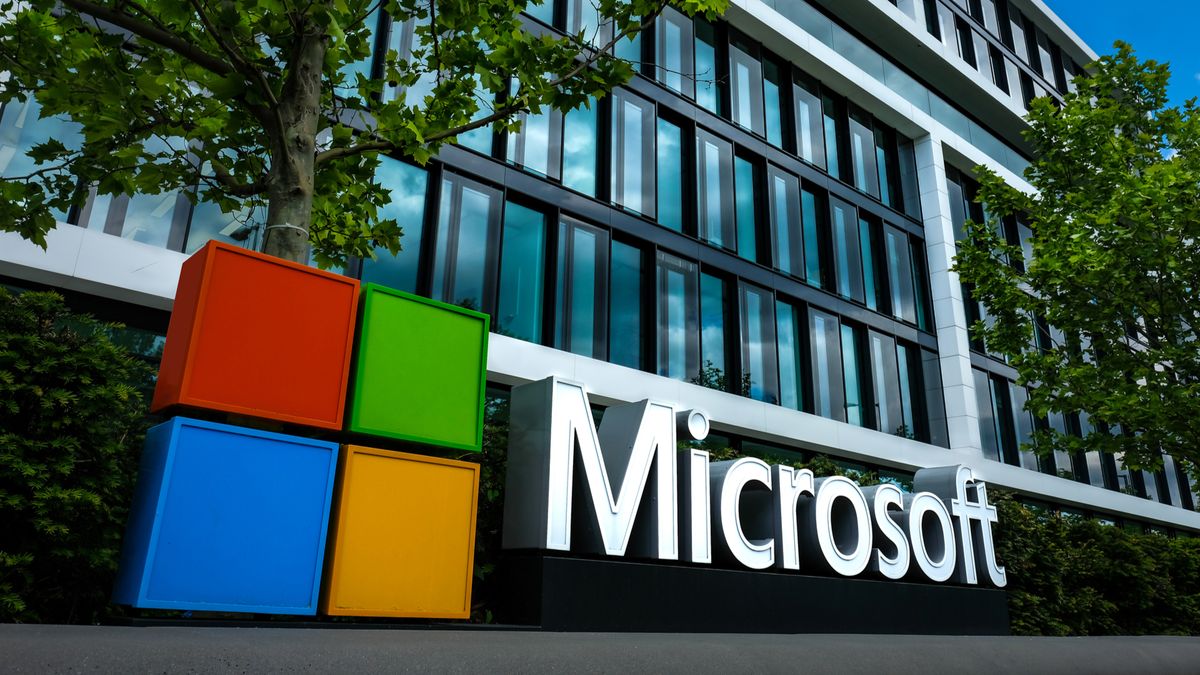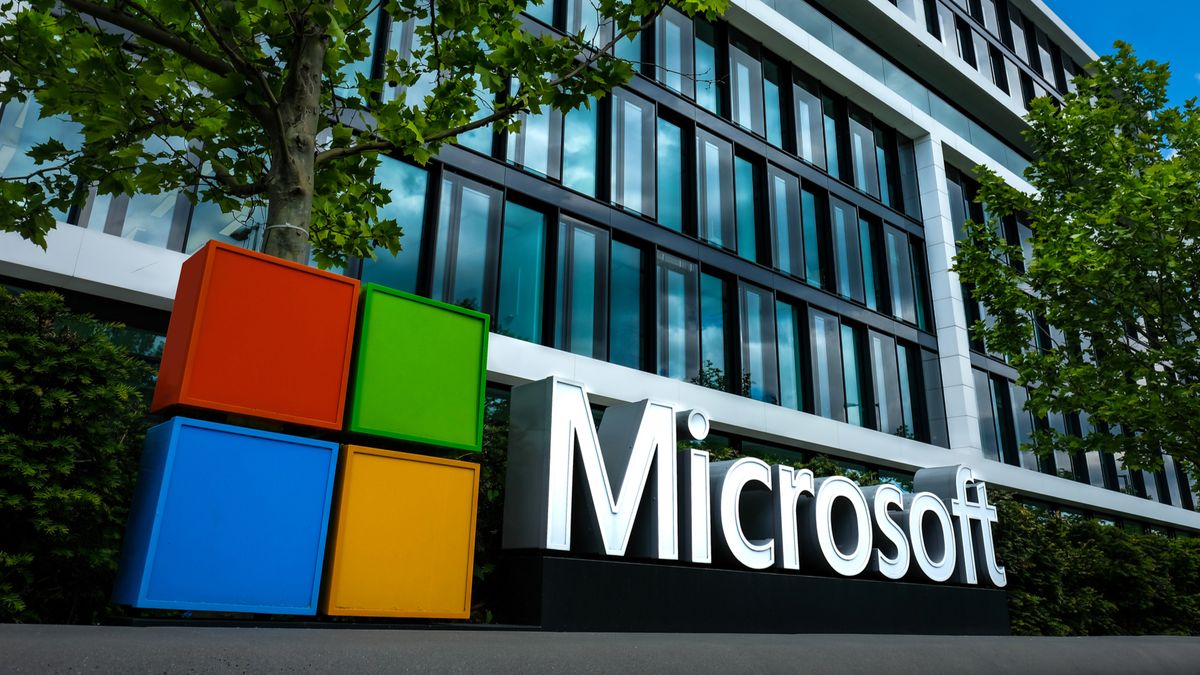
The fallout from the global CrowdStrike outage continues to emerge, particularly when it comes to one of the most high-profile victims of the incident.
Following the outage, which took down millions of Windows-powered devices across the globe, airlines were forced to cancel thousands of flights, potentially causing them huge losses.
US airline Delta was hit particularly hard, apparently being forced to cancel more than 5,000 flights and manually reset 40,000 servers – but now reports have claimed the company’s CEO didn’t exactly help the recovery process, ignoring some fairly high-profile offers of help, despite now demanding huge compensation from CrowdStrike and Microsoft alike.
Shareholders sue CrowdStrike after outage
Correspondence from Mark Cheffo, co-chair of Dechert’s global litigation practice, and the lawyer representing Microsoft, has revealed the company offered to help Delta for free following the incident, with company employees contacting their airline counterparts every day between July 19 to July 23, but the offer was rejected.
One letter cited by Cheffo, sent from Microsoft to a Delta employee, offering help on July 22, saw the latter reply, “All good. Cool will let you know and thank you.”
Microsoft CEO Satya Nadella even emailed Delta CEO Ed Bastian offering assistance, but Cheffo noted the latter “has never replied”.
This is despite Bastian recently declaring the airline had “no choice” but to seek damages from Microsoft and CrowdStrike over the disruption, which he claims cost the company around $500 million.
Cheffo’s response to Delta’s complaint, described as “incomplete, false, misleading, and damaging to Microsoft and its reputation” outlined how Microsoft is still trying to work out exactly why the airline took so long to recover compared to some of its competitors, with outdated systems thought to be the case, alongside a reliance on third-party providers (namely IBM).
“Our preliminary review suggests that Delta, unlike its competitors, apparently has not modernized its IT infrastructure, either for the benefit of its customers or for its pilots and flight attendants,” Cheffo wrote.
“It is rapidly becoming apparent that Delta likely refused Microsoft’s help because the IT system it was most having trouble restoring — its crew-tracking and scheduling system — was being serviced by other technology providers, such as IBM, because it runs on those providers’ systems, and not Microsoft Windows or Azure,” Cheffo wrote in his letter.
In response, Delta stated it has, “a long track record of investing in safe, reliable and elevated service for our customers and employees.”
“Since 2016, Delta has invested billions of dollars in IT capital expenditures, in addition to the billions spent annually in IT operating costs,” it added.
The company had claimed its share price plummeted 32% within 12 days of the incident, leading to a market value loss of $25 billion.
Via CNBC
More from TechRadar Pro
Services Marketplace – Listings, Bookings & Reviews
